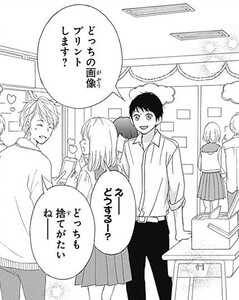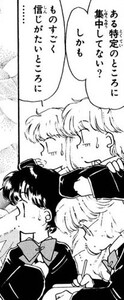Difficult to do with 〜がたい
Grammar: Difficulty » 〜がたい
The auxiliary adjective がたい is used to express that something is “very difficult” or “nearly impossible” to do, often with a nuance of psychological or emotional difficulty.
Usage
The primary purpose of がたい is to convey that an action or state is extremely difficult to achieve, often implying a sense of impossibility or strong resistance, either due to external circumstances or internal feelings.
It is typically used in formal, written, or literary contexts and carries a stronger sense of difficulty compared to similar expressions like にくい or づらい.
The term often reflects the speaker’s subjective judgment, emphasizing emotional or psychological barriers, such as reluctance or inability despite a desire to act.
It’s commonly used with verbs that reflect mental or emotional processes, such as 言う (to say), 信じる (to believe), 忘れる (to forget), or 理解する (to understand), rather than routine physical actions. For instance, 食べがたい (“hard to eat”) is rare, while 理解しがたい (“hard to understand”) is common.
Formation
- Verb stem + がたい
- 言う (to say) → 言わがたい (difficult to say)
- 忘れる (to forget) → 忘れがたい (difficult to forget)
The kanji form 難い is commonly used, though it may also appear in hiragana as がたい.
Further Reading
- Describing actions as easy or hard - Tae Kim's Japanese grammar guide (guidetojapanese.org)
- がたい (JLPT N3) (bunpro.jp)
- N2文法 「~がたい」 (akanesenseijp.com)
- 【N3文法】~がたい (mainichi-nonbiri.com)
- 〜がたい(gatai)【JLPT N2の文法 Grammar】 (j-nihongo.com)
Examples
Difficult to discard a photo with 〜がたい

Inui’s class is gathering photos of couples for a school festival contest. Another couple comes to join in.
- 乾:
- 「どっちの画像プリントします?」
- “Which image should I print?”
- 彼女:
- 「えーーー どうするー?」
- “Oh my gosh... What should we do?”
- 彼氏:
- 「どっちも捨てがたいねーーー」
- “Both are hardto abandon.”
The verb 捨てる means to discard or abandon. Because the couple has to select an image to print, the other image will be “thrown away” in the sense that it won’t be printed for the contest. In English, it’s more natural to say it’s different to choose between the two, while still retaining the same general meaning.
Difficult to pass on with 〜がたい

Visiting her new friend’s family’s café, Cocoa ponders over which menu item to order.
- ココア:
- 「わー抹茶パフェもいいし クリームあんみつ白玉ぜんざいも 捨てがたいなあ」
- “Wow, the green tea parfait is good, but the cream anmitsu and dumpling red bean soup are difficultto pass on.”
Hard to believe with 〜がたい

A student from a lower grade enters the classroom. She stops and stares at Asuka Jr., one of the boys in the class.
- 涼子:
- 「ある特定のところに集中してない? しかも」
- “Isn't she focused on one particular area? And on top of that...”
- 恭子:
- 「ものすごく信じがたいところに……」
- “It's in a frightfully hardto believe area...”